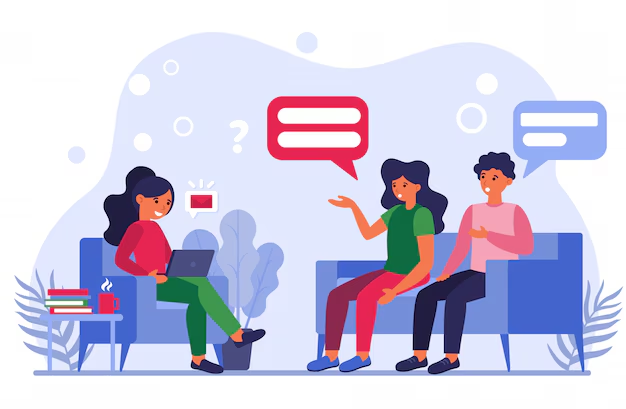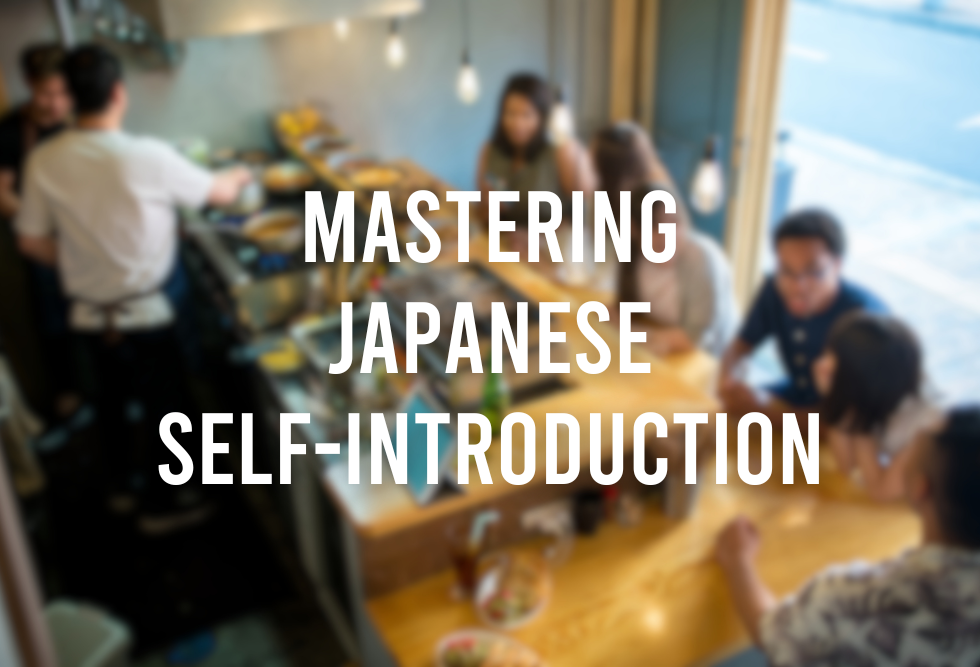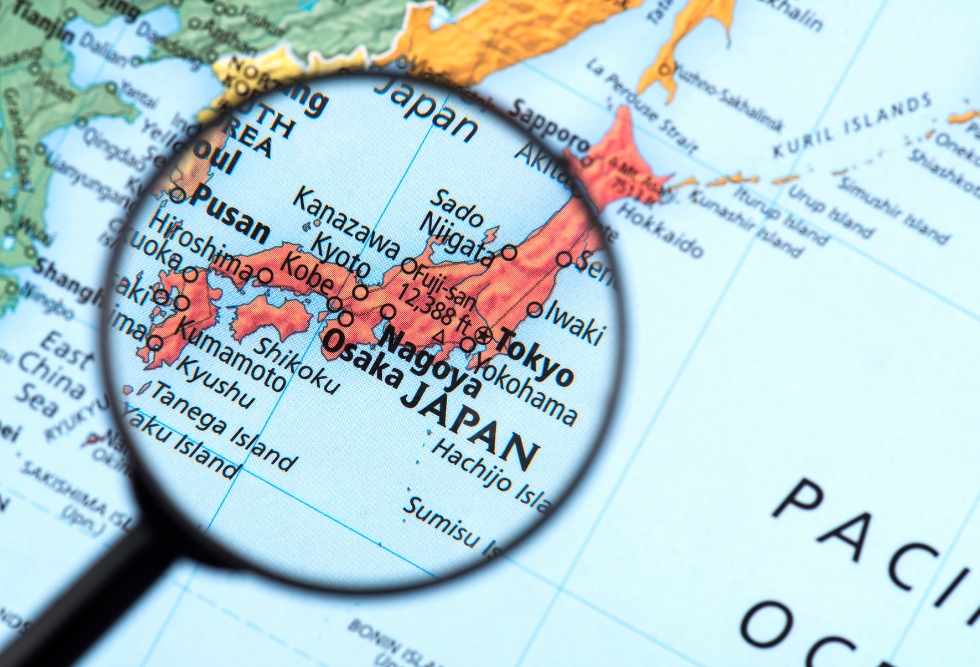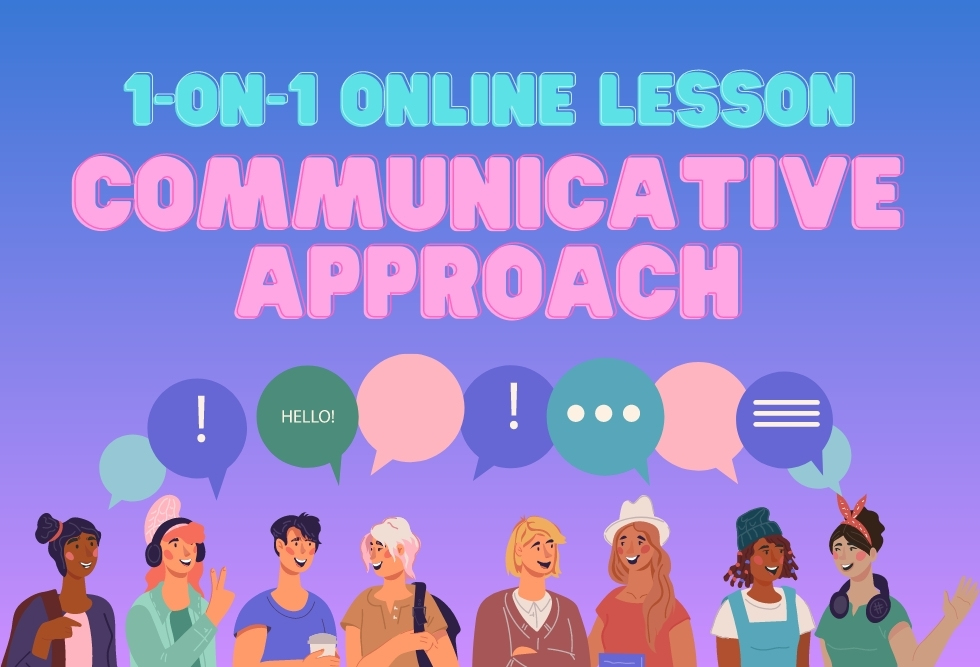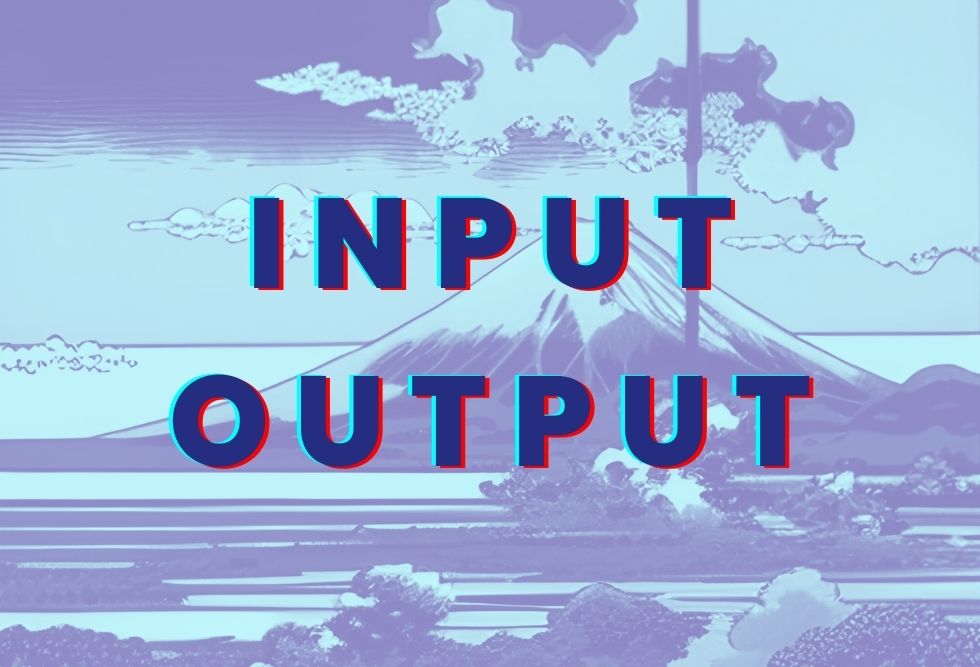3 My Best Speaking Tips for Japanese Learners
Best speaking tips for Japanese learners are essential for building confidence and fluency. Whether you’re just starting or looking to refine your speaking skills, these proven techniques will help you communicate more effectively in Japanese. Learning to speak Japanese confidently can feel challenging, but with the right strategies, you’ll find yourself communicating more naturally in no time. Here are my 3 best speaking tips to help you build confidence, improve pronunciation, and make consistent progress in your Japanese learning journey. 1. Listen Before You Speak One of the most essential foundations of speaking Japanese fluently is listening actively before trying to speak. When you listen to native speakers, you train […]

